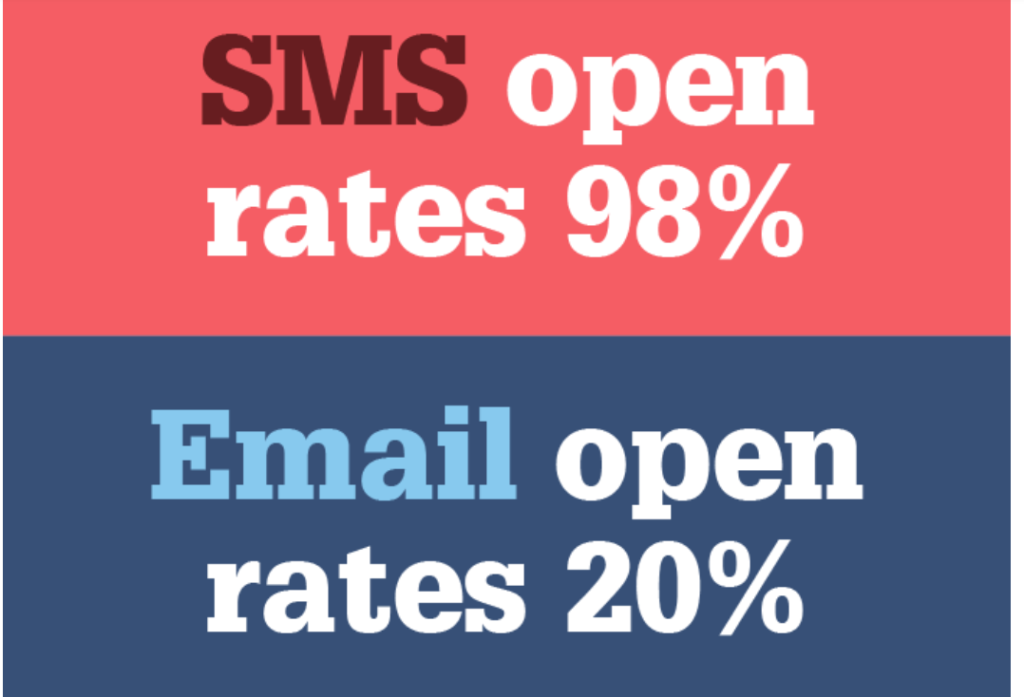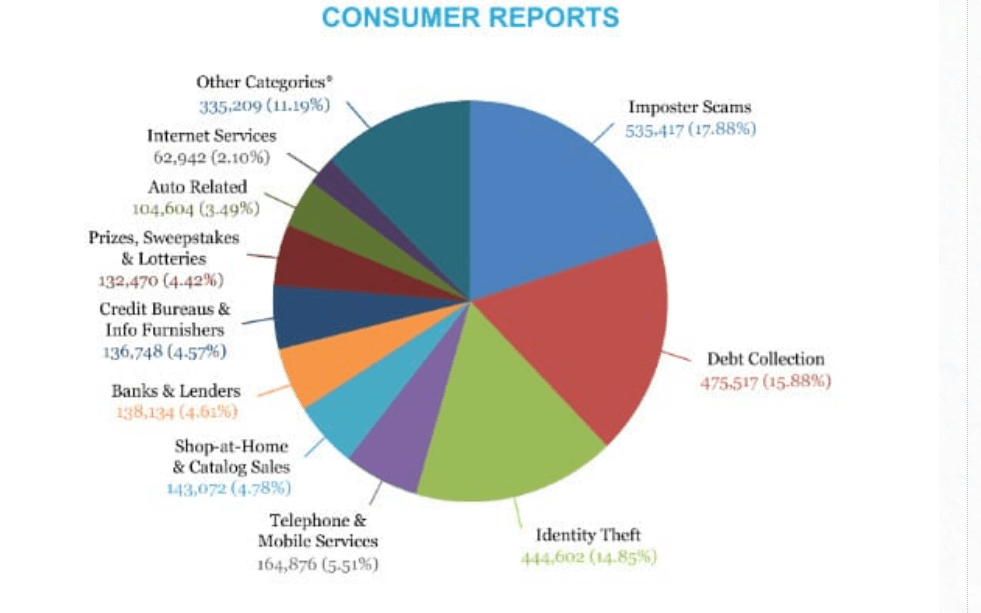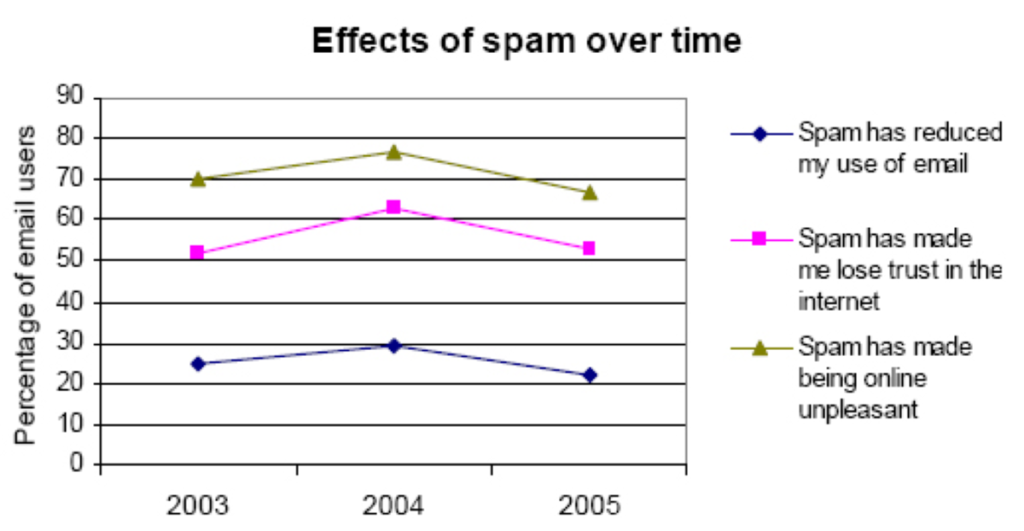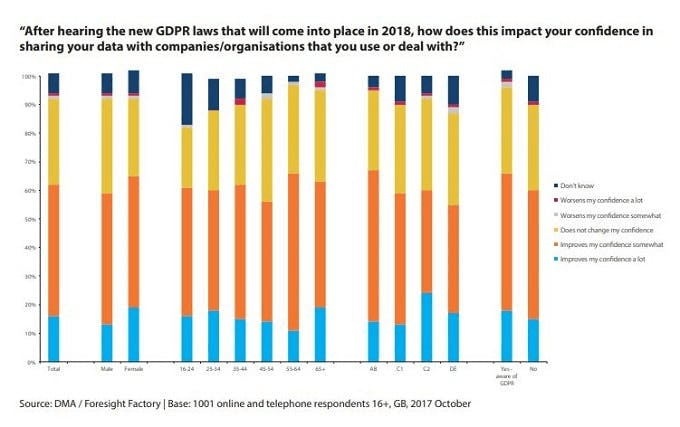[ad_1]
A reader from Georgia asks:
“I suspect one of my employees is stealing from my company. This is someone I’ve known and trusted for over 10 years. She has a family and I’ve been to her home many times for barbeques and birthday parties. I am sick over this situation. What should I do about this employee theft? Do I call the police? Confront her? Give her a chance to resign?”
– Aaron W. from Atlanta, Georgia
Aaron, you didn’t say what the person was stealing or the amount involved. We’ve had some experience dealing with embezzlement and employee theft issues. So we’ll offer some guidance based on various circumstances and explain how to handle it.
Every theft by an employee requires a response of some kind. Left unchecked, even a small instance of employee theft may get worse. It becomes a habit. And it may become contagious, meaning other employees become emboldened figuring they can get away with theft, too. They may assume you don’t pay attention — or that you simply don’t care.
That said, how you respond depends on the seriousness of the theft and how much proof you have.
How to Handle Embezzlement and Employee Theft
Gather the Facts
The first step is always to get the facts in order. What you need is proof. Good proof might consist of catching an employee on a security camera stealing money.
However, most of the time the evidence won’t be that clear. You may have to gather documents, get cancelled checks from your bank, or examine accounting records. An important part of investigating is to question employees.
In the investigation stage, ask — don’t accuse.
Because what if you’re wrong? If you falsely accuse an employee of theft, you will irreparably harm the employer-employee relationship. And you could do real damage to someone’s career with a false accusation.
Call employees into your office one by one for confidential interviews.
Here are two examples of how to handle a theft interview. Ask the employee questions about the situation. Start out like the following:
- “I’ve discovered the cash register was short by $200 this month. Do you have any idea what may be going on, Susie?”
- “A lot of our supplies have gone missing. In the last two months we’ve gone through 20 times the amount of coffee K-pods we normally use. Do you know anything about that, Susie?”
What you do next depends on the employee’s response. Watch facial expressions and body language. And see what they say.
The employee may just have a legitimate explanation for whatever you’re investigating. For instance, perhaps she moved something from one place to another, or created different data entries that explain where funds are, without telling you. This is why you should ask before accusing. And be open minded to the response.
She might also offer some kind of excuse, which you will have to weigh.
If the Employee Admits it or You Have Solid Proof
In my experience, guilty employees often admit to theft when questioned — without much pressure. It’s as if they feel tremendous stress and are relieved it’s over.
So let’s say the employee admits to the embezzlement or theft.
Or you have reached the point in the investigation where you have solid proof.
Now it’s time to switch to confronting the employee and taking action.
Confront the Employee With Disciplinary Action
Depending on the seriousness and nature of the offense, you could take one or more of the following actions in a confidential meeting.
If it’s a relatively minor situation, you might:
- Express your disappointment and that your trust has been violated.
- Give a stern warning and ask the employee to repay or replace what they took.
- When it comes to office and cafeteria supplies, employees sometimes think they have the right to take items home. So you may have to educate the employee about company policies and values.
- If you are so inclined, suggest that in the future the employee ask up front if they need something. Perhaps you’d be willing to offer a salary advance if they need funds. Or give them supplies if they truly are in need. But only if they ask first.
- Document the action such as in a confidential email or memo to the employee.
If it’s a serious matter (complex embezzlement fraud scheme, high dollar amount), your response is more likely to be:
- Terminate the employee on the spot.
- Or ask the employee to leave the building immediately on unpaid leave. The employee should leave all company property behind including keys, laptop or company issued phone or car. Putting the employee on leave will give you time to consult with your attorney or think clearly about next steps such as termination and calling the police.
- If you put the employee on unpaid leave, you will have to terminate the person officially through some kind of followup communication, either through a letter or another meeting.
If the employee belongs to a union, follow the union’s contract process.
Cut Off Access
Be sure to immediately cut off access to all company systems, data, premises and financial accounts for anyone you place on leave. And of course do the same if you terminate an employee.
Contact Your Attorney
Involve your attorney early for advice, especially in serious cases. Your attorney can guide you as to how to conduct an investigation, how to preserve evidence, when to call in the police, how to handle the employee, and how to notify third parties.
If you suspect embezzlement of large sums of money or a significant pattern of fraud, calling your attorney is essential! White collar crimes like check forgery or fraud schemes can be complex. Dishonest employees get good at covering their tracks – sometimes for years. It can take a trained forensic investigator to trace the full scope of a fraud.
Not only that, but serious embezzlements and thefts often kick off a chain of legal ramifications. Your small business may need to navigate a legal minefield including:
-
Insurance claims:
A crime insurance policy may cover your losses, and you will need to file a claim. Your attorney can help protect your claim rights.
-
Third parties that may be liable:
Third parties such as banks may be liable for your losses, and you should put them on notice. But be careful what you say. Third parties will seize on any reason not to pay, including casual comments that could be interpreted as admissions against your interests.
-
Government authorities:
You may be in jeopardy from unpaid tax money that a dishonest employee embezzled unbeknownst to you. You may need to protect against IRS seizures, liens and other actions that could wreck your credit score and sink your business.
-
Employee lawsuits:
Employees may sue you for defamation or wrongful termination if evidence is weak or if you bungle the investigation.
The more serious the matter, the more crucial it is to get legal advice early.
Report Embezzlement to the Police
Many employers, especially small businesses, don’t report embezzlement fraud and theft. But that is a mistake.
If you’re talking about a few missing supplies worth $20, it doesn’t warrant calling in law enforcement.
However, you should report all serious embezzlement situations and any theft involving high value to the police, for several reasons:
- It may be the only way to get restitution.
- Your other employees need to know you take this seriously. You don’t want anyone else to assume they can get away with it.
- If you have insurance to make a claim against, or plan to try to hold another party such as a bank responsible, you will need to press charges.
- You don’t want the embezzler to move on to some unsuspecting future employer because there’s no public record.
- A thorough investigation may help reveal how a fraud scheme occurred. This may help you take steps to avoid similar situations in the future.
Don’t Wait!
The faster you act, the better you can protect your business and the faster you cut your losses. Besides, workplace theft can throw a business into incredible turmoil and put crushing pressure on you as the owner.
Put Control Systems in Place
One of the most important things you can do is make sure the same thing doesn’t happen again.
Change internal procedures to minimize access and avoid temptation. Put checks and balances in place. For instance, if equipment or inventory is missing, do a better job of using software to track items and security cameras to tighten up security.
Also, require separation of functions. Never allow one employee to have complete control. Assign one person to process transactions, and another to reconcile the bank account and make accounting entries. Or do one of the functions yourself if your organization is small.
Also bring up the topic of being frugal and emphasize the trust you are placing in everyone, in team meetings.
When you put proper checks and balances in place, you limit the opportunity for temptation and access to do harm.
Find Someone to Talk With
Last but not least, take care of yourself. If the embezzlement involves large sums, you will be upset and perhaps in shock. You may have a mix of emotions roiling around.
Try to control your own emotions and reaction, not just toward the guilty employee but toward everyone else in the business. They are depending on you to be as calm and collected as possible, and not fall apart emotionally. This is another reason to discuss the situation with your attorney. It buys you time to cool down. Talking with a skilled advisor will help you sort out your options with a level head.
Find a friend or talk with your spouse. You might also want to talk with a spiritual advisor or a mentor. Or you might pray as a form of talking with a higher being.
Embezzlement and theft is never easy to confront and deal with. But your business survival and your employees’ livelihoods may depend on the tough decisions you make.
Good luck!
Get more employment advice.
All answers to reader questions come from the Small Business Trends Editorial Board, with more than 50 years of combined business experience. If you would like to submit a question, please submit it here.
Image: Depositphotos.com
This article, “How Do I Handle Embezzlement and Employee Theft?” was first published on Small Business Trends
[ad_2]
Source link















